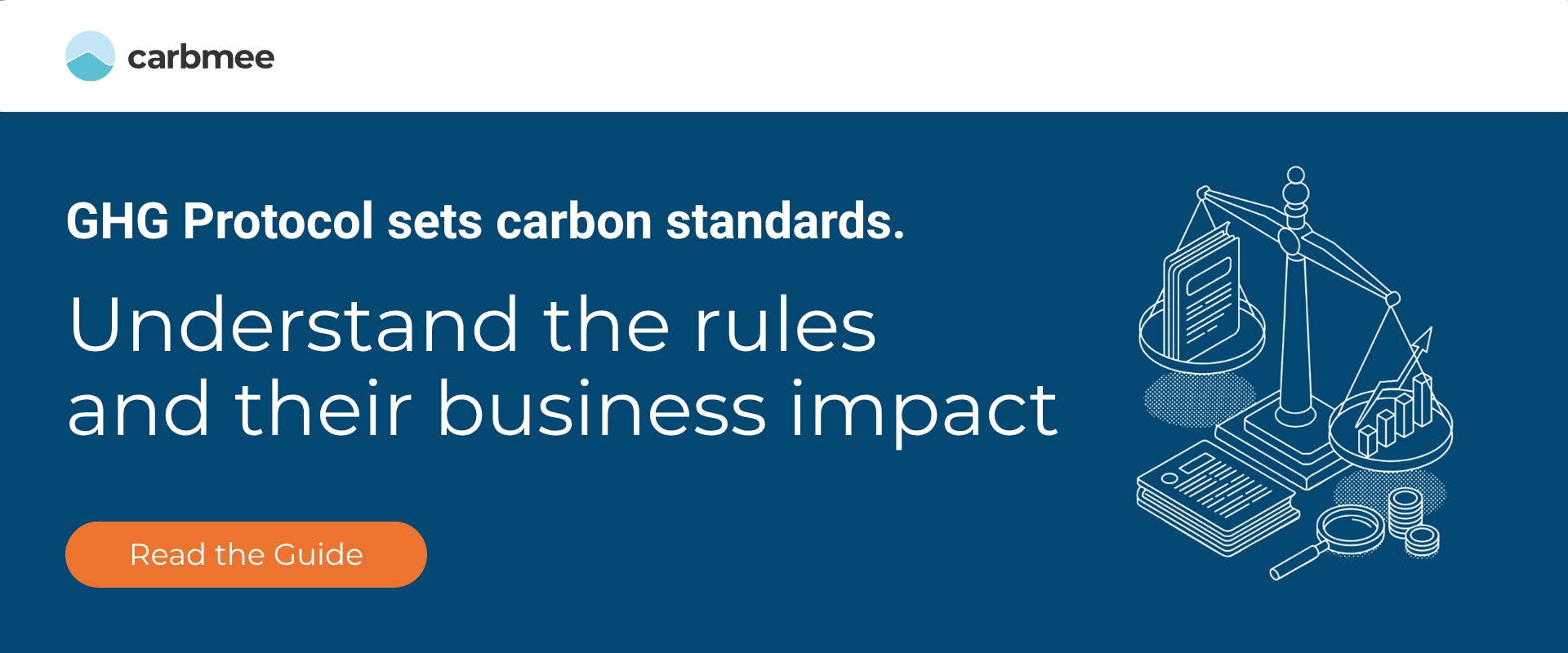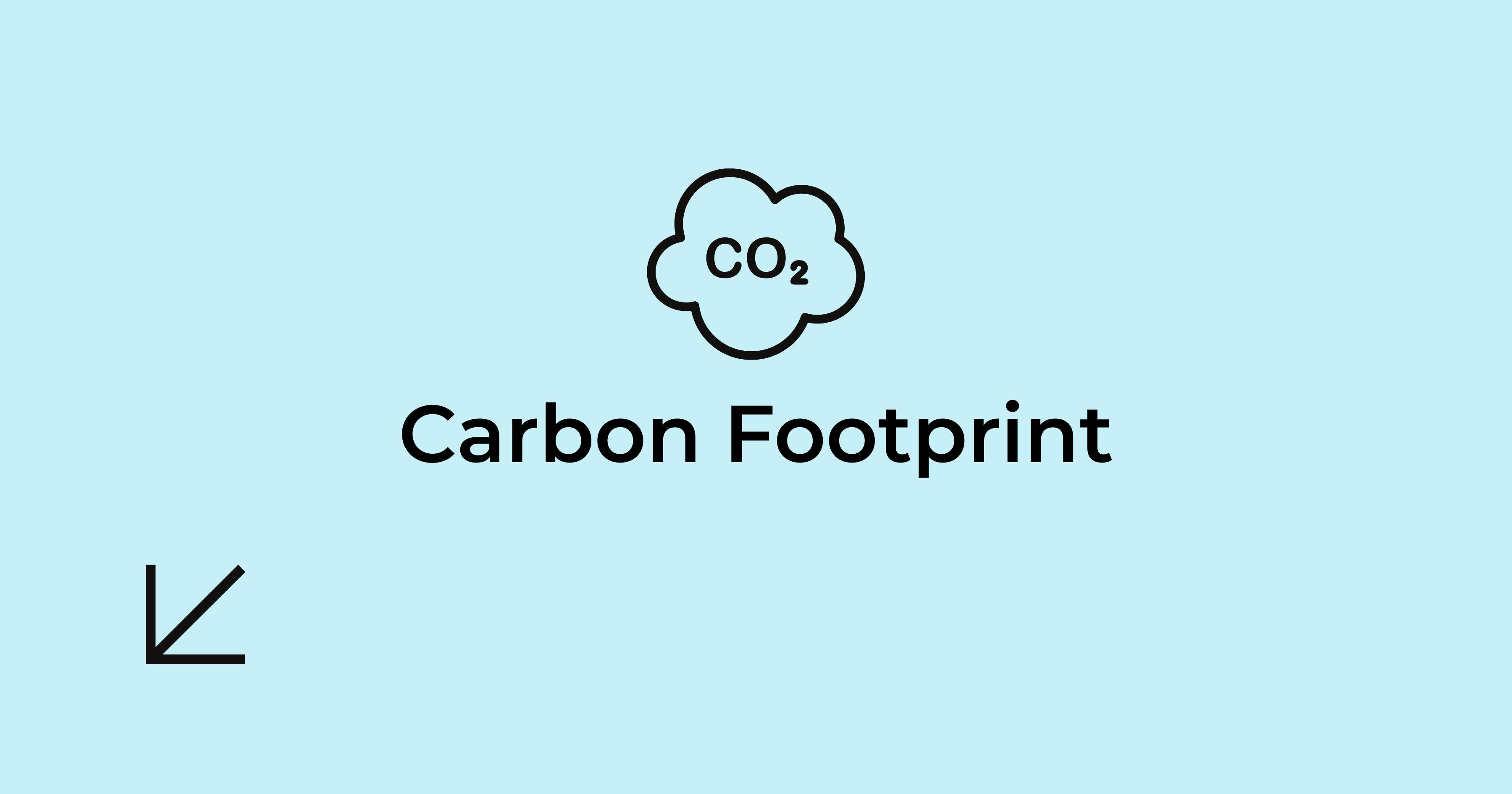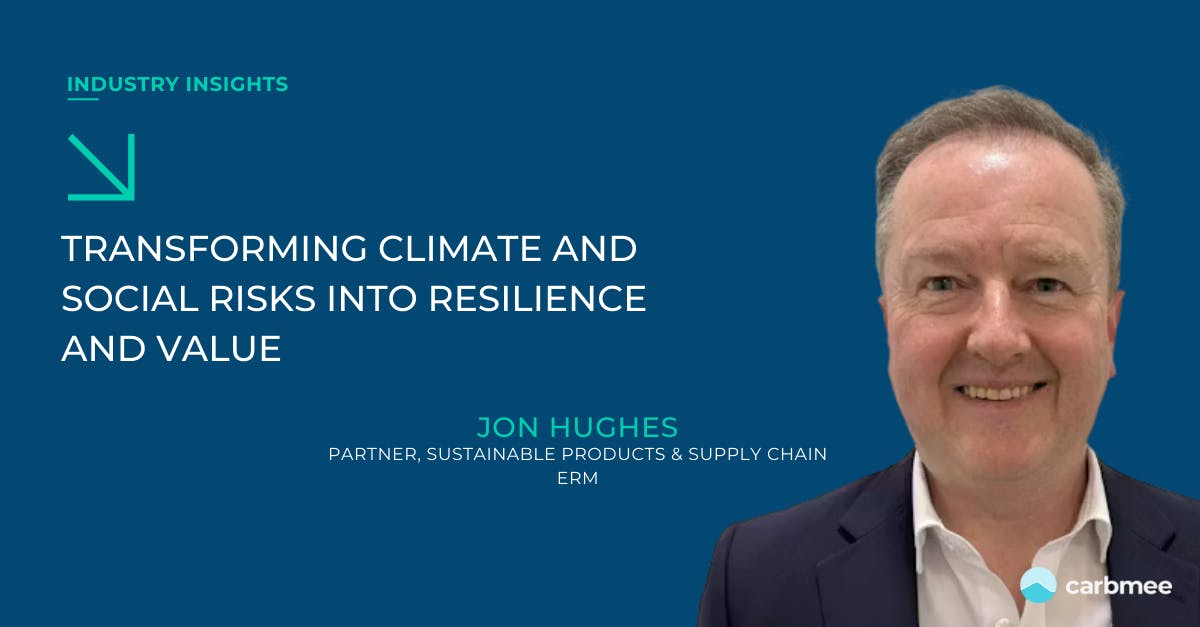What is LCA?
Life Cycle Assessment (LCA) is a methodology used to evaluate the environmental impact of a product or service throughout its entire life cycle. This includes all stages, from raw material extraction and processing, production, distribution, use, and disposal. LCA helps to identify the environmental impacts of a product or service and provides insight into areas where improvements can be made to minimize negative impacts on the environment.
LCA is governed by the international standard ISO 14040, which outlines the principles and framework for conducting LCA. This standard provides guidelines for conducting a life cycle assessment, including the definition of the scope, the selection of the assessment methods, and the interpretation of the results. There are many LCA tools and software available that comply with the ISO 14040 standard, such as OpenLCA, Gabi LCA, and other life cycle assessment software.
Why is LCA a trusted approach?
When done right, LCA can be a powerful tool to uncover both emission hot spots, a key environmental impact of products or services, but also reduction potential throughout their life cycle. This approach to assessing impact allows decision makers to compare alternatives and to select inputs with the lowest impact on the environment.
Why is LCA useful for measuring a company's GHG emission impact?
LCA is useful for measuring a company's GHG emissions impact because it provides a comprehensive assessment of the entire life cycle of a product or process. This methodology can identify "hot spots," or areas of a product's life cycle that have a high GHG emissions footprint. For example, LCA can help companies understand the carbon footprint of their supply chain, including the energy used to extract and transport raw materials. By identifying these hot spots, companies can focus their efforts on reducing GHG emissions in the areas that have the greatest impact.
LCA also enables comparisons between different products or processes, helping companies make informed decisions about the environmental impact of their choices. For example, a company can use LCA to compare the carbon footprint of two different paper products to determine which has a lower environmental impact.

What is an example of how a manufacturing company would use LCA?
Manufacturing companies use LCA to evaluate the environmental impact of their products and services, from the extraction of raw materials to the final disposal of the product. For example, a furniture manufacturer could use LCA to assess the environmental impact of a new chair design. The assessment would include the environmental impacts of the raw materials used to make the chair, the energy consumed during production, the transportation of the materials and the finished product, the use phase of the chair, and the disposal of the chair at the end of its life cycle. LCA can provide valuable insight into the potential environmental impacts of a product or process and help companies identify areas for improvement.
The best-of-breed solution that’s like LCA…but better
With classic LCA solutions, the accuracy of results for any individually analyzed product is very high. However, to achieve company-wide net-zero and regulatory compliance, there are significant drawbacks to consider, such as:
- your LCA expert(s) is working in a silo, increasing communication friction and alignment with other teams across your organization
- only LCA experts can use the platform
- there is no automated way to compare various carbon footprints to efficiently determine hot spots. When using GaBi, for example, this process is manual, time-intensive, and not scalable.
- once you have manually identified hot spots, any comparison of materials or suppliers is highly manual and there are no software-generated recommendations for alternatives – making it less scalable.
carbmee EIS™ Carbon Management solution takes the trusted Life Cycle Analysis methodology and uses automation and AI technology to create tailored platforms, purpose-built for enabling industry enterprises to achieve impactful decarbonization.
Collaboration for better engagement: the EIS™ is the single source of truth for the entire company emissions and enables LCA teams to request information about specific products’ materials, suppliers, transportation, and production processes from multiple teams.
Certified methodology: our product Carbon Footprint (PCF) methodology is certified by TÜV and enables companies to measure and report entire product portfolios compliant with ISO 14064 and GHG Protocol.
Corporate Carbon Footprint (CCF) Integration: the EIS™ optimizes the demands from your sustainability team and re-use the work done for PCFs on CCF reports, reducing time and cost.
Supplier Data Integration: our holistic solution that integrates not only scope 1, 2 and 3 emissions on the PCF modeling but analyzes the entire supply chain and highlights supplier hot spots so the company can identify and tackle areas with high reduction potential.
Scenario planning: the EIS™ enables the customer to benchmark alternative material, transportation modes, production processes and more and plan high return-on-investment reduction initiatives and work on a product redesign that leads to competitive advantage.
Share exactly what you want to: with EIS™, companies can share PCF models directly with customers and hide sensitive data if needed. This increases customer trust and leads to market advantage.
Databases suited to your industry: different than other market solutions, our solution enables companies to use multiple databases and customize emission models for their specific industry context.
Platform customization: duplicate product models and customize it as needed. For example: localize it based on the region it was manufactured, supplier, material, energy used on the manufacturing site, and so on, drastically reducing time spent on modeling.
If your company is looking for a solution to as its source of truth If your enterprise is ready to level up its sustainable transformation, then talk to one of our industry experts to find out how carbmee can help.





